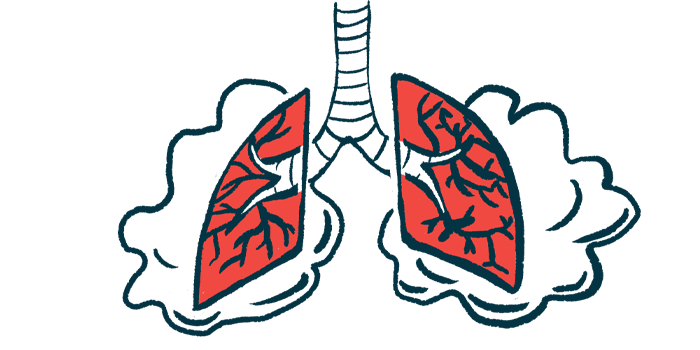Taking selenium supplements may help prevent PAH: Study
Treatment reduced disease's hallmark blood vessel remodeling in lung
Written by |

The use of selenium supplements — an essential mineral naturally present in many foods and added to others — reduced blood vessel remodeling, a hallmark of pulmonary arterial hypertension (PAH), in the lung, according to a new study.
Selinium has antioxidant properties and may help protect cells from damage. Supplementation also decreased the activation of fibroblasts, a cell type that makes collagen and is a key part of connective tissue, the study found.
Low levels of selenium, found in people with PAH, correlated with disease severity in these patients.
“These findings demonstrated that selenium deficiency is an important risk factor in PAH,” the researchers wrote, adding that the results “provided important evidence for the treatment of PAH with selenium supplementation in clinical practice.”
The study, “Selenium supplementation elevated SELENBP1 to inhibit fibroblast activation in pulmonary arterial hypertension,” was published in the journal Science.
Investigating the role of selenium in people with PAH
PAH is a type of pulmonary hypertension (PH) caused by the narrowing of the pulmonary arteries, which are the blood vessels that supply the lungs. This leads to high blood pressure and may cause right heart failure, the most common cause of death among PAH patients.
Arterial narrowing occurs as a result of pulmonary vascular remodeling — changes to the structure and arrangement of blood vessels that involve abnormal activation of fibroblasts. It results in the uncontrolled growth of smooth muscle cells that progressively thicken the arterial walls.
Although a deficiency of trace elements — minerals present in living tissues in small amounts, such as iron or selenium — has been linked to PAH, their role and mechanisms of action remain largely unknown.
To learn more, a team led by researchers at Central South University in China analyzed two independent groups of PAH patients and healthy volunteers, who served as controls. One, dubbed the discovery group, comprised 78 patients and 31 controls, while the other, called the validation group, involved 24 patients and 15 controls.
In the first group, the PAH patients had significantly lower selenium levels in their blood than did the healthy volunteers (median of 74.2 vs. 92 micrograms/L). The results were similar in the second group, and were particularly notable in people with idiopathic (no known cause) or hereditary PAH. In contrast, no differences to controls were found in patients with PAH caused by connective tissue diseases or congenital heart defects.
In both groups, selenium levels were negatively correlated with the World Health Organization functional class, a measure of disease severity, meaning low selenium levels were indicative of more severe disease.
Selenium supplements showed benefits in rat model of PH
Next, the researchers turned to a rat model of PH. Lower selenium levels were found in the rat model than in control animals.
Selenium supplements were found to reduce vascular remodeling in the animals by decreasing pulmonary arterial fibrosis, or scarring, and vascular remodeling. Additionally, these animals showed reduced right heart ventricle enlargement and blood pressure during contraction to pump blood.
To analyze the mechanisms by which selenium supplementation prevented PAH, the researchers scanned for selenium-related proteins in the pulmonary artery of PH mice compared with control mice. A total of 257 proteins were at higher levels in the PH rats, while 152 proteins were at lower levels.
Among all these proteins, only one, called SELENBP1, was found at lower levels in PH rats compared with control animals. SELEMBP1 is related to selenium.
The protein also was decreased in rat-derived lung fibroblasts stimulated with a molecule known as TGF-beta, a cell model of PH.
Selenium supplementation restored the levels of SELENBP1, and normalized fibroblasts’ growth and migration. Levels of collagen and a marker of smooth muscle cells also were similar to those of control cells.
Further experiments suggested that selenium supplementation and increased SELENBP1 levels may reduce pulmonary fibroblast activation by reducing the production of proline — a protein building block needed for the production of collagen.
Overall, according to the researchers, “this study determined the relevance between [blood] selenium deficiency and high risk of PAH and further elucidated the role and mechanism of selenium supplementation in [pulmonary fibroblasts] activation.”
The findings also support selenium and its axis with SELENBP1 as a “promising target for PAH prevention,” the team added.





